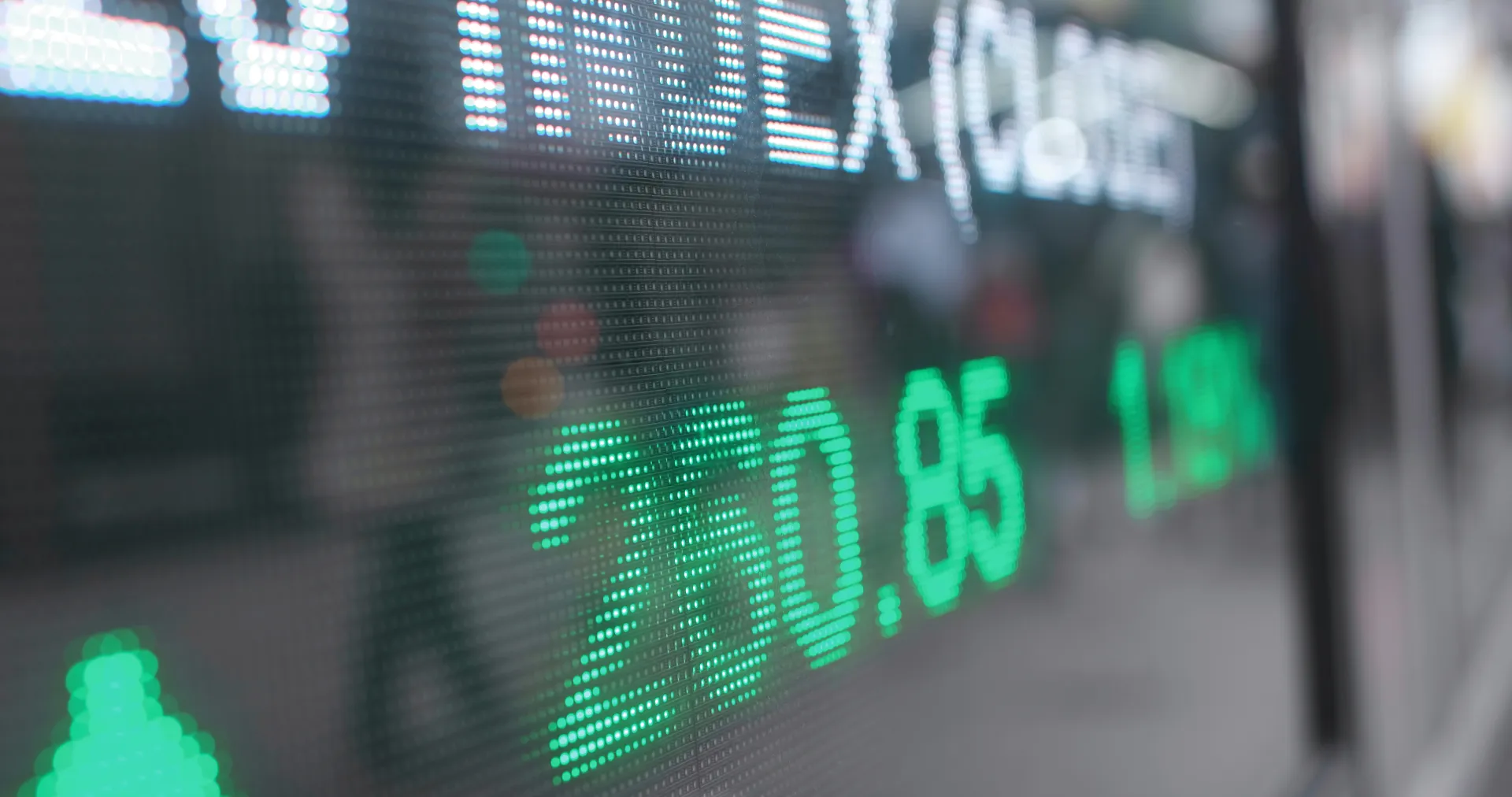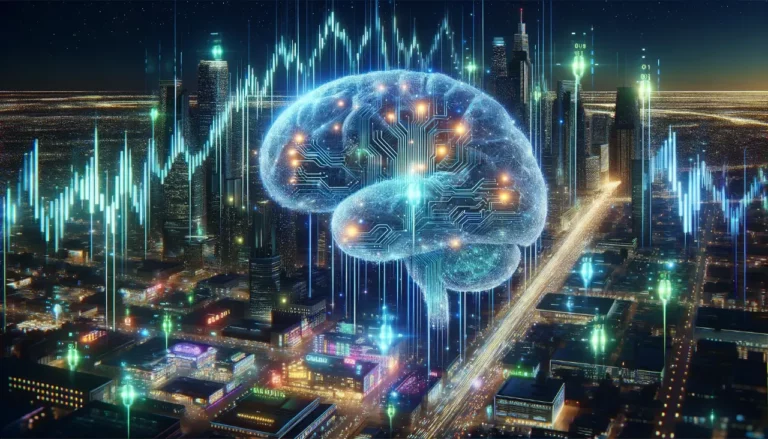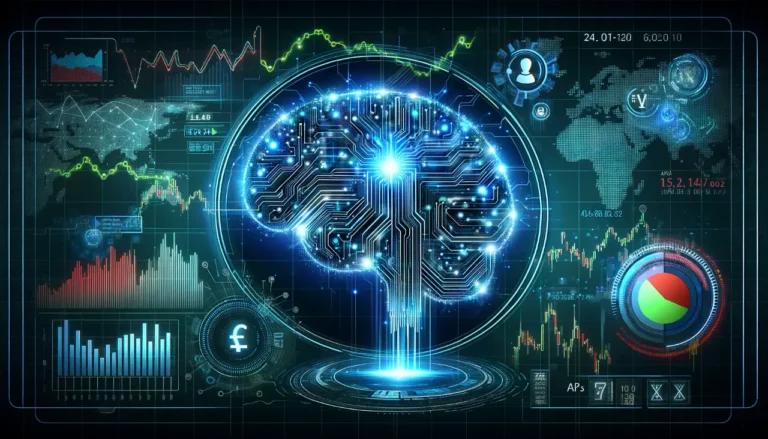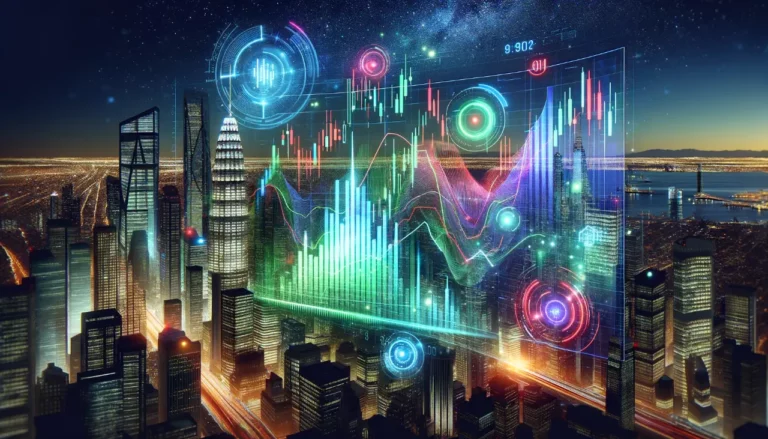The stock market is an unpredictable place where human emotions like fear and greed can lead to impulsive actions that may negatively affect your portfolio. AI trading signals eliminate these biases by analyzing data and providing clear trade alerts to help traders make informed trading decisions. These signals can detect market trends, predict price movements, and even anticipate future volatility. This level of precision and accuracy is a game-changer for any trader looking to gain a competitive edge in a fast-moving market.
In order to improve their trading performance, many high-frequency traders (HFT) use AI to analyze large volumes of market data in real time. AI can identify patterns and trends in the markets that would be impossible for human traders to see, allowing them to make more informed trading decisions and execute trades at a faster pace. AI can also assist traders with risk management by identifying and mitigating the risks of correlated trades.
While AI has revolutionized the world of finance, it’s not without its flaws. One significant drawback is that it relies on historical data and patterns to predict future outcomes. However, market conditions can change dramatically in the blink of an eye, so past results do not guarantee future success. As a result, there is still a debate as to whether or not AI can fully replace humans in the trading world.
One of the most popular applications of AI in trading is predictive algorithms. These algorithms can be used to predict future market behavior, improving the quality of execution and reducing costs for both lit and dark venues. AI can also be utilized to enhance existing strategies, making them more effective. For example, a recent survey by Greenwich Associates found that liquidity-seeking was the most popular use of algos among buy-side trading executives. AI-enhanced algorithms can optimize liquidity-seeking strategies by directing them to predicted liquidity. AI-enhanced algorithms can also mitigate slippage and VWAP by avoiding deteriorating quotes.
Some lit and dark trading venues have already started to incorporate predictive signals into their matching engines and order types. For example, IEX’s matching engine ASPEN uses AI to improve the cadence of matching orders and avoid deteriorating quotes. Other platforms, such as BuyAlerts, have developed an AI platform that utilizes alternative data to generate trade alerts and provide novice traders with institutional-grade trading signals.
As more and more platforms integrate AI, trading signals will become increasingly easy to access. Messenger platforms will be able to take complex multi-screen UI systems for trading stocks and simplify them to a single service that can be accessed with just a voice or word. This type of technology can also be applied to AI order execution, allowing investors to simply say or write “buy 1,000 Tesla stocks till next week” and the process will be automated and executed instantly. This will make the process of buying and selling stocks much more efficient and simpler for both new and experienced investors.
Here’s a list of notable AI trading bots that are known for providing AI-driven trading signals. Keep in mind that the effectiveness and reliability of these bots can vary, and their performance is subject to market conditions:
- MetaTrader 4/5 Expert Advisors (EAs): These are automated trading systems designed for the MetaTrader platform, often using AI and machine learning to generate trading signals.
- AlgoTrader: This is a professional quantitative trading solution that supports automated trading strategies in forex, stocks, and commodities.
- TradeSanta: A cloud-based trading bot that offers automated trading strategies on major crypto exchanges.
- 3Commas: Known for its smart trade tools and automated trading bots, 3Commas supports multiple cryptocurrency exchanges.
- Cryptohopper: This bot specializes in automated crypto trading, offering algorithmic trading strategies for cryptocurrencies.
- Zenbot: An open-source cryptocurrency trading bot that offers high-frequency trading capabilities and supports multiple cryptocurrencies.
- HaasOnline: This platform provides a range of automated trading strategies, including custom bots using historical and real-time market data.
- Gunbot: A popular crypto trading bot that offers a variety of strategies and customization options.
- QuantConnect: Offers a platform for building and testing algorithmic trading strategies in forex, equities, and cryptocurrencies.
- TradingView: While primarily a charting and social networking tool, it integrates with certain trading bots and allows for the creation of custom trading signal scripts.













